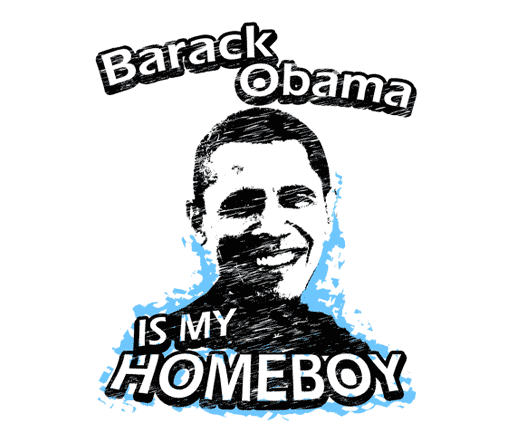It has been a long almost two years of watching and following the U.S. presidential election campaign before we finally see Barack Obama elected as president. Needless to say it has been an exciting experience and a great lesson in American democracy. Obama was elected with overwhelming support from every part of the United States.
Now he can come forward as a president, not only for the Democratic Party, but also for the independents who for the most part supported him. Not only for African-Americans (95 percent), but also for Hispanics and young people, two thirds of whose votes he received. He won not only in traditionally blue states, but also in red states such as North Dakota and Virginia. He made inroads into the west by winning in Colorado, and turned Florida and Ohio against the Republicans.
That means he will have a good base from which to get his bipartisan efforts off the ground. He now can become the uniter, and not the divider, of the nation as he has said many times. He is in line to come a "centrist" president who does not need to stress his liberal instincts, which will be important in resolving the nation's problems.
Although Obama has some liberal programs in mind, including healthcare reform and raising taxes for the wealthy (those earning US$250,000 and above per year), he can also go about them as a president for all Americans. Whenever necessary he can face the pressure from Democratic Party liberals in the U.S. Congress.
More importantly, he has made history by becoming the first African-American to be elected as president of the United States. With his victory, the historical burden African-Americans carry of being cast aside and discriminated against can at long last be laid to rest, and America can really be proud of this achievement and stand tall again.
The world has been overwhelmingly pro-Obama, mainly because they believe President Bush has been so bad for the U.S. and the world. Now the world will again respect the U.S. because of the way it rehabilitated itself in such a positive, innovative and creative way.
People the world over see Obama as the embodiment of the U.S. they used to know and respect, the "shining city on the hill" -- not only because of his ideas, his demeanor and temper, his willingness to listen and to reach out to others, but also because of his strong will and character to stand up for his beliefs. The way he ran the best campaign ever in U.S. history raises high hopes of his capability to organize an administration that can tackle the global financial crisis and other challenges the U.S. and the world face.
This is especially true after the current financial meltdown created by Wall Street -- which the U.S. leadership is expected to resolve in cooperation with the world, including emerging markets and especially East Asia -- toward which the economic superpower is shifting. This election is also about the generational change born of Obama's victory: An African-American who showed an ability to understand and grasp the moment of change in U.S. history.
He has the right qualities to lead the U.S. into the future because he is a unifier, and will be able to solve the huge problems the U.S. faces, as he declared in his acceptance speech Tuesday night. Obama is also the right leader for the world because he understands the changes taking place, and understands the U.S. is still expected to lead alongside other powers in the ascendancy over the last 25 years -- China, India, the EU and Japan. Certainly it will not be an easy period ahead and he needs all the help he can get from friends and allies.
His priorities are the financial crisis, energy, healthcare, and education, all huge challenges indeed.
As far as foreign policy is concerned, the Middle East will be his first point of focus, including the Iraqi insurgency, Israeli-Palestinian relations, and Iran. East Asia is fortunate to have experienced bipartisan U.S. policies, and the same priorities are still valid in the future. One thing Obama has to understand well is that trade is critical for the stability of the region because we are all trading nations.
On Indonesia, Obama certainly has a soft spot and is expected to pay attention to our development; Indonesia, for its part, is willing to support a U.S. president who has lived here for four years. As the world's biggest Muslim-majority nation, we can be the necessary interlocutor between the U.S. and the Muslim world. Obama can also be proud of Indonesia now since we have become a maturing democracy, which was not the case during his time here.
